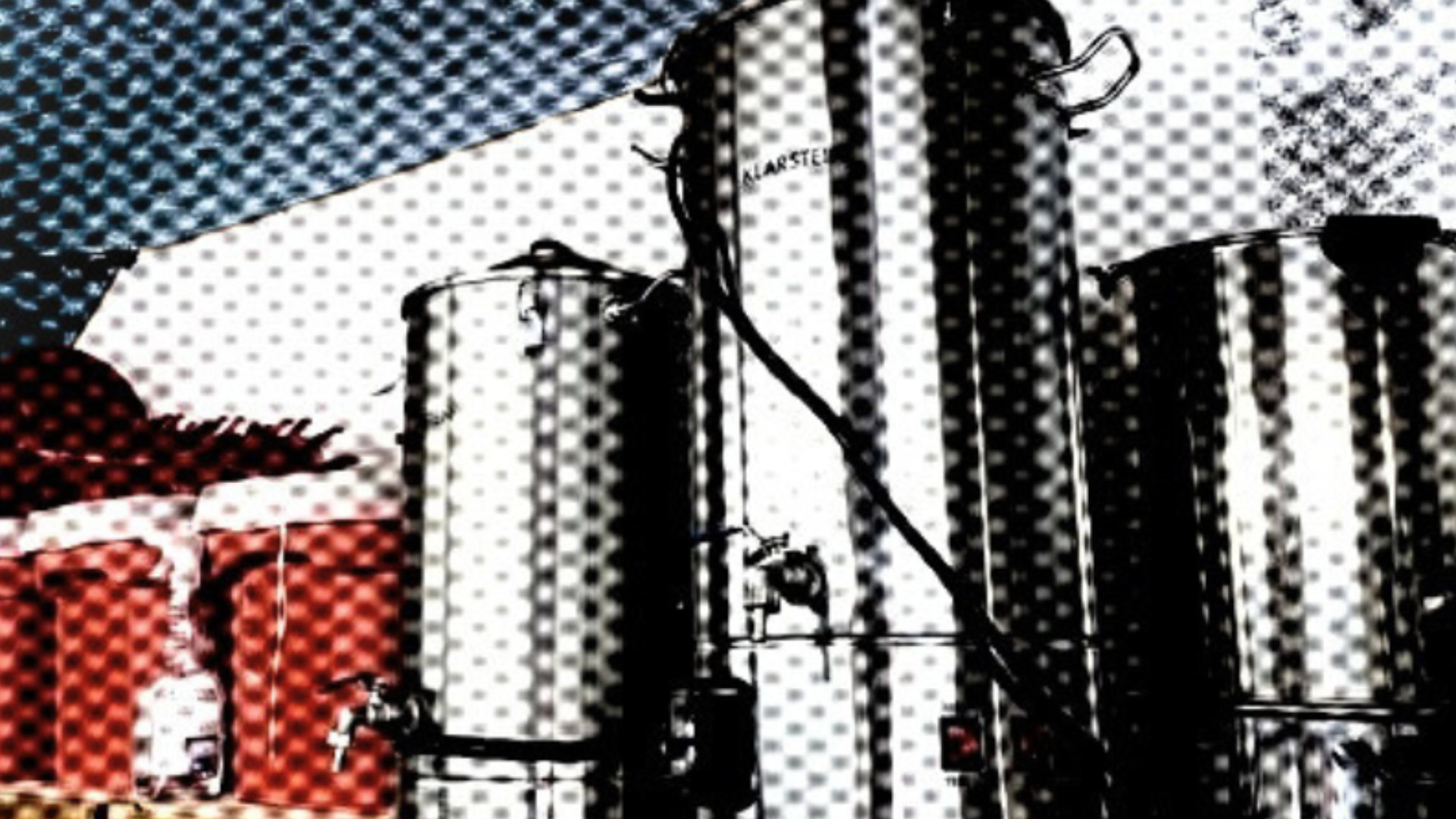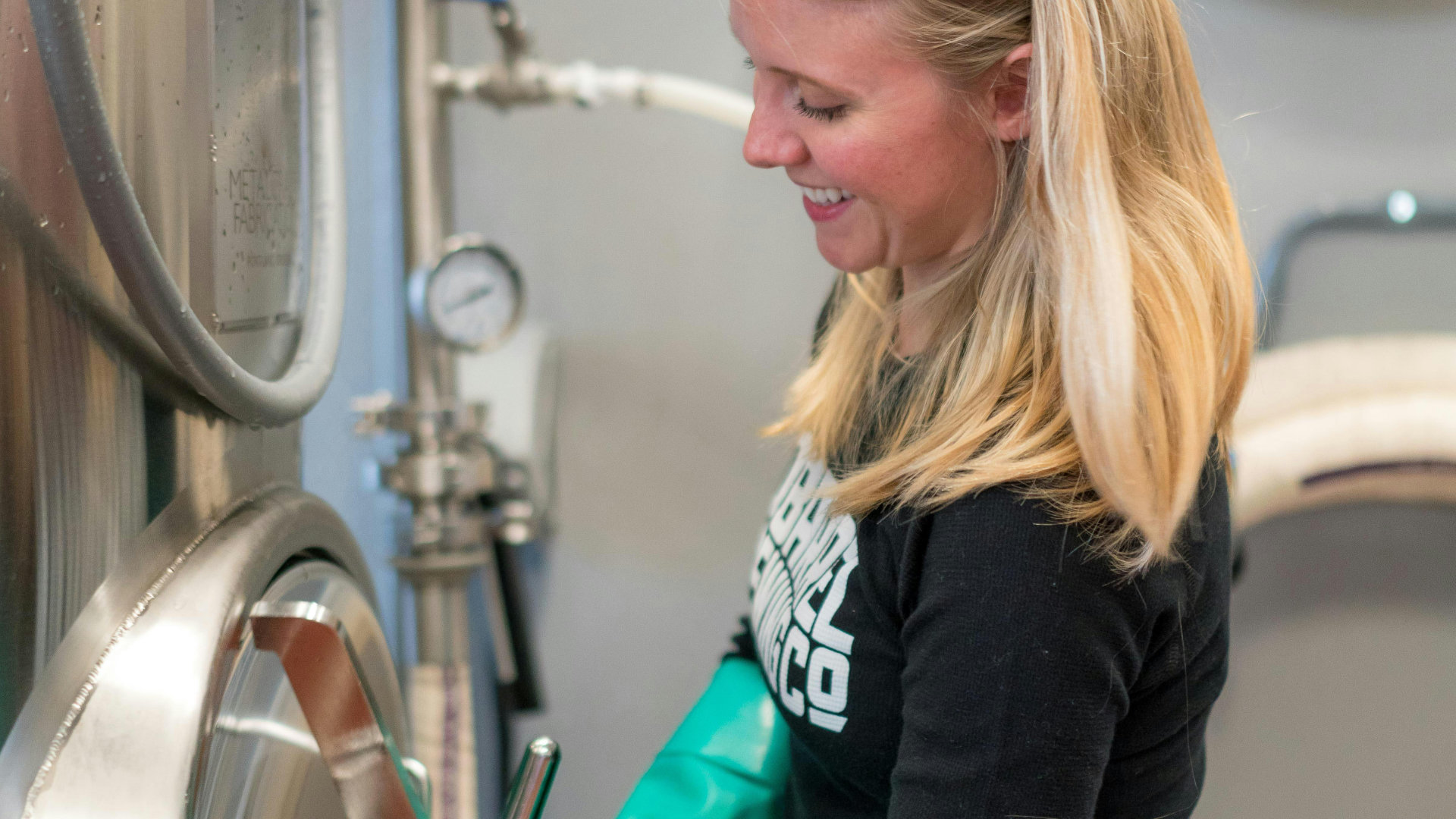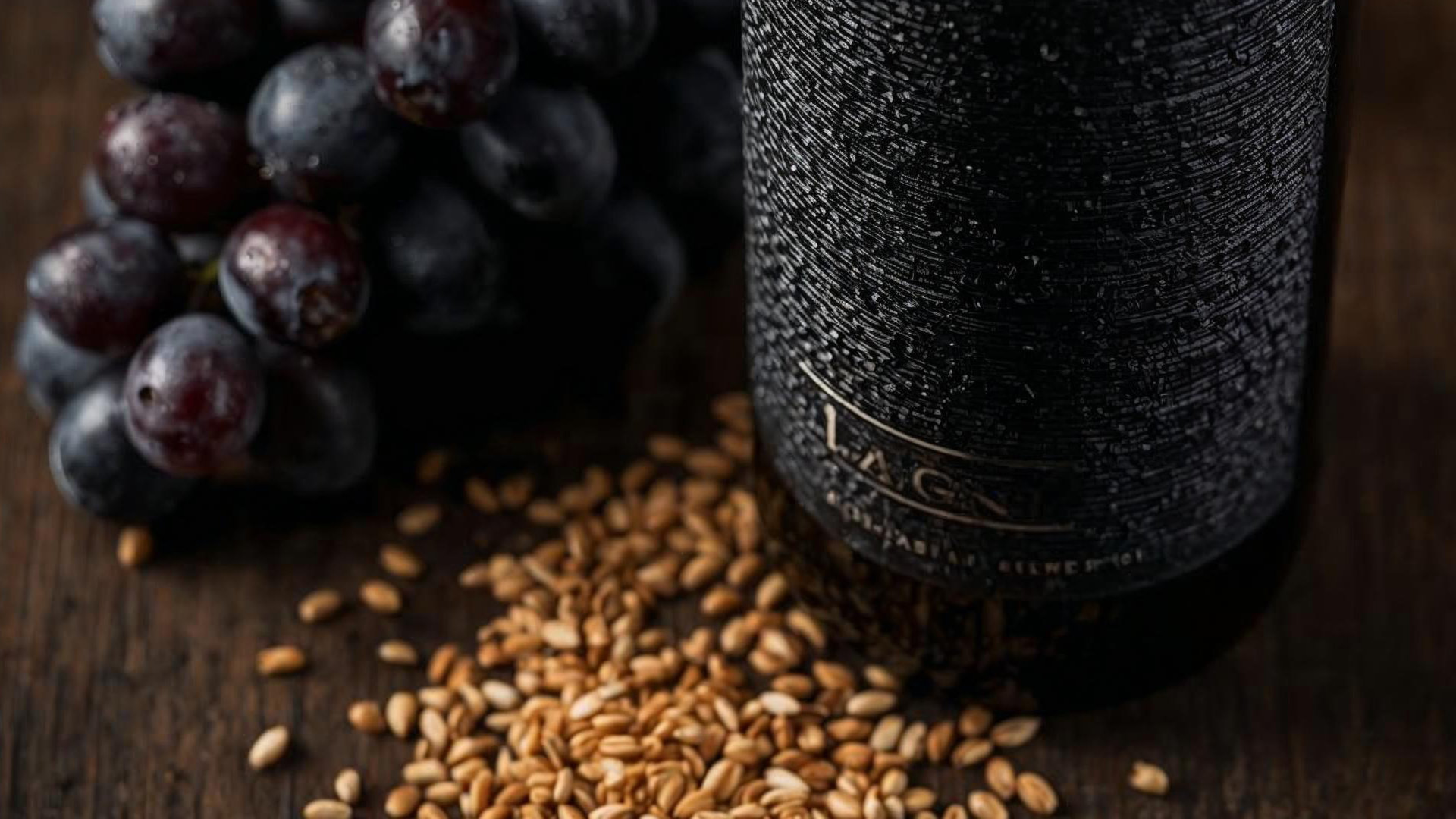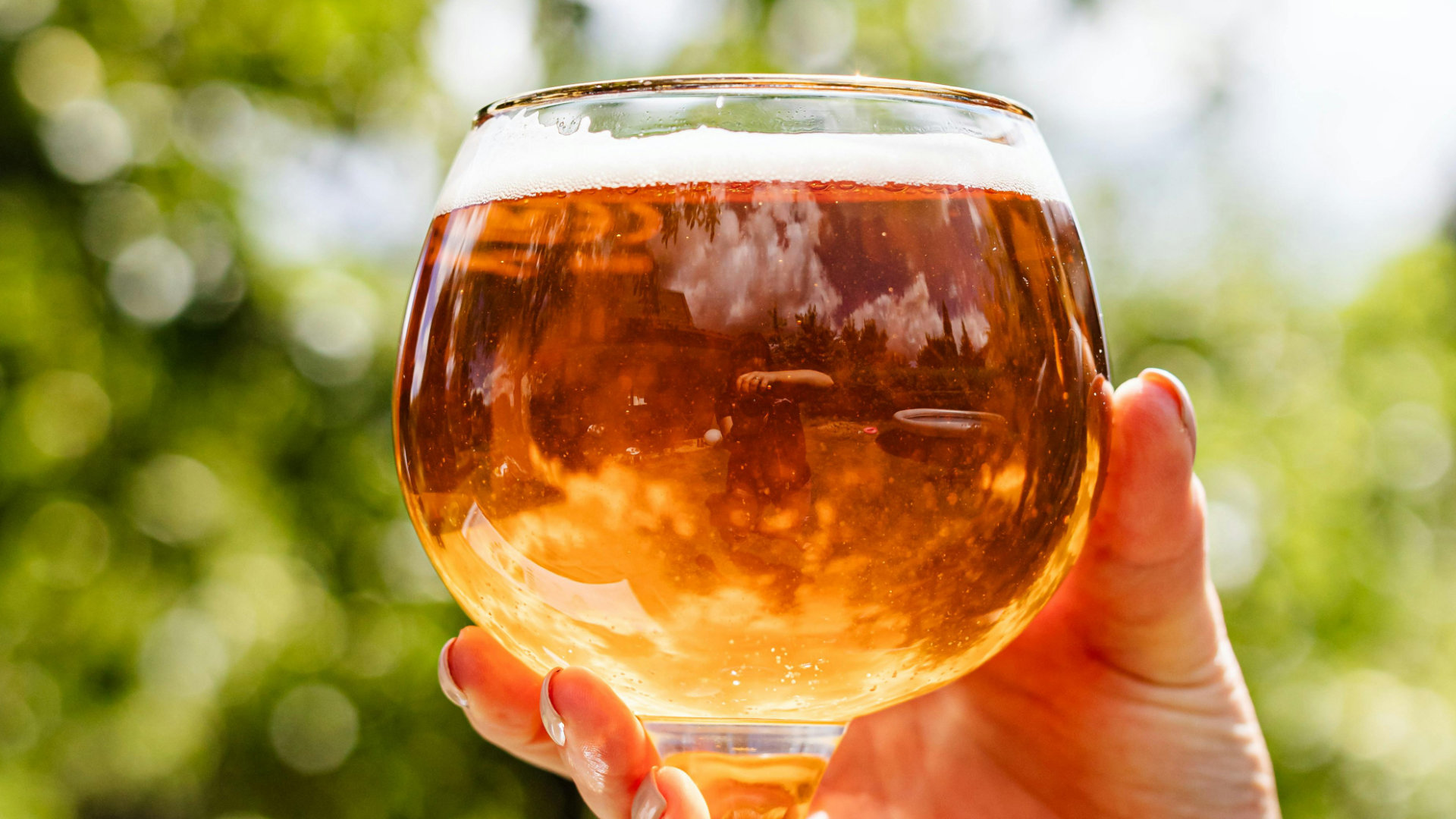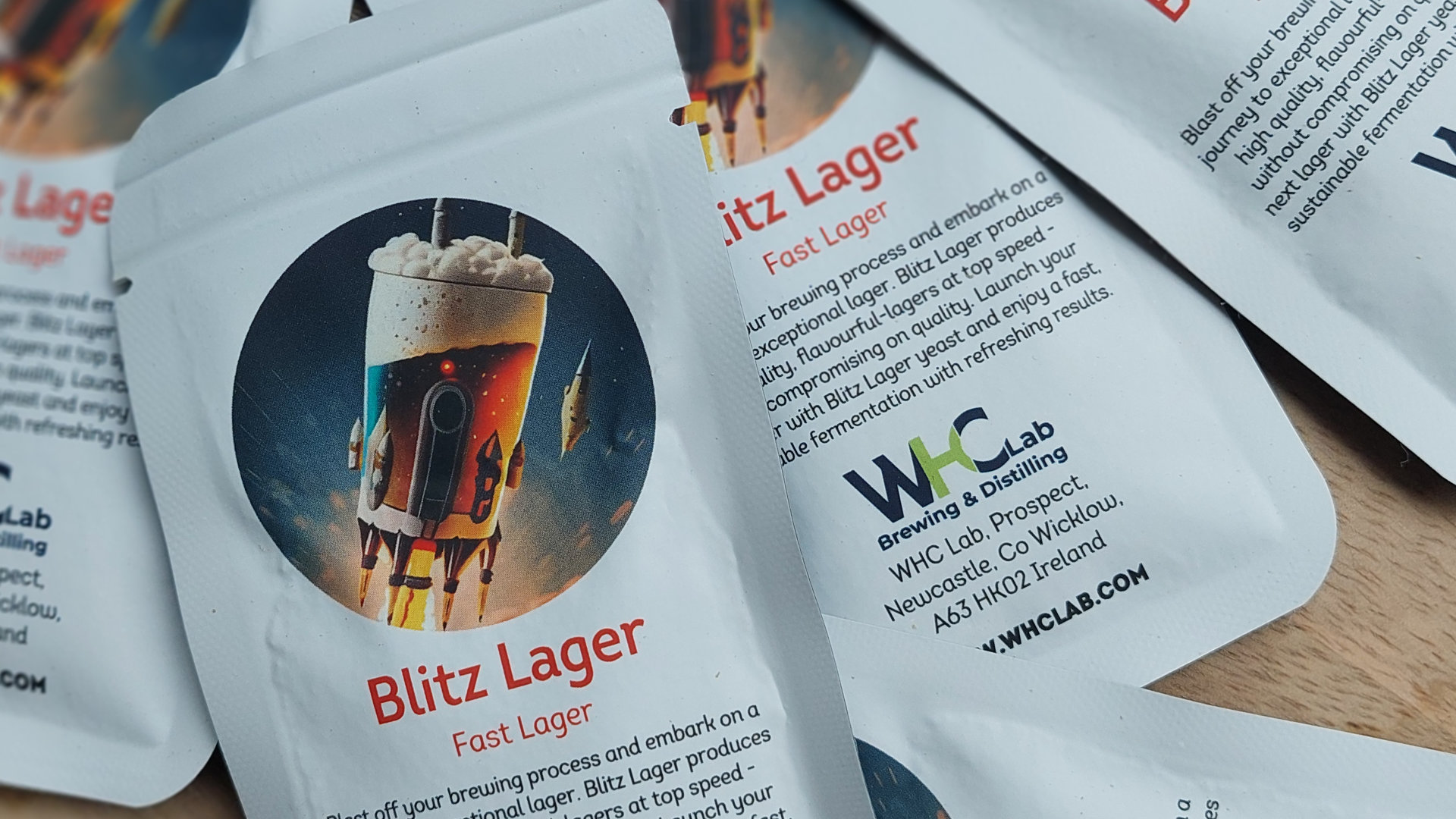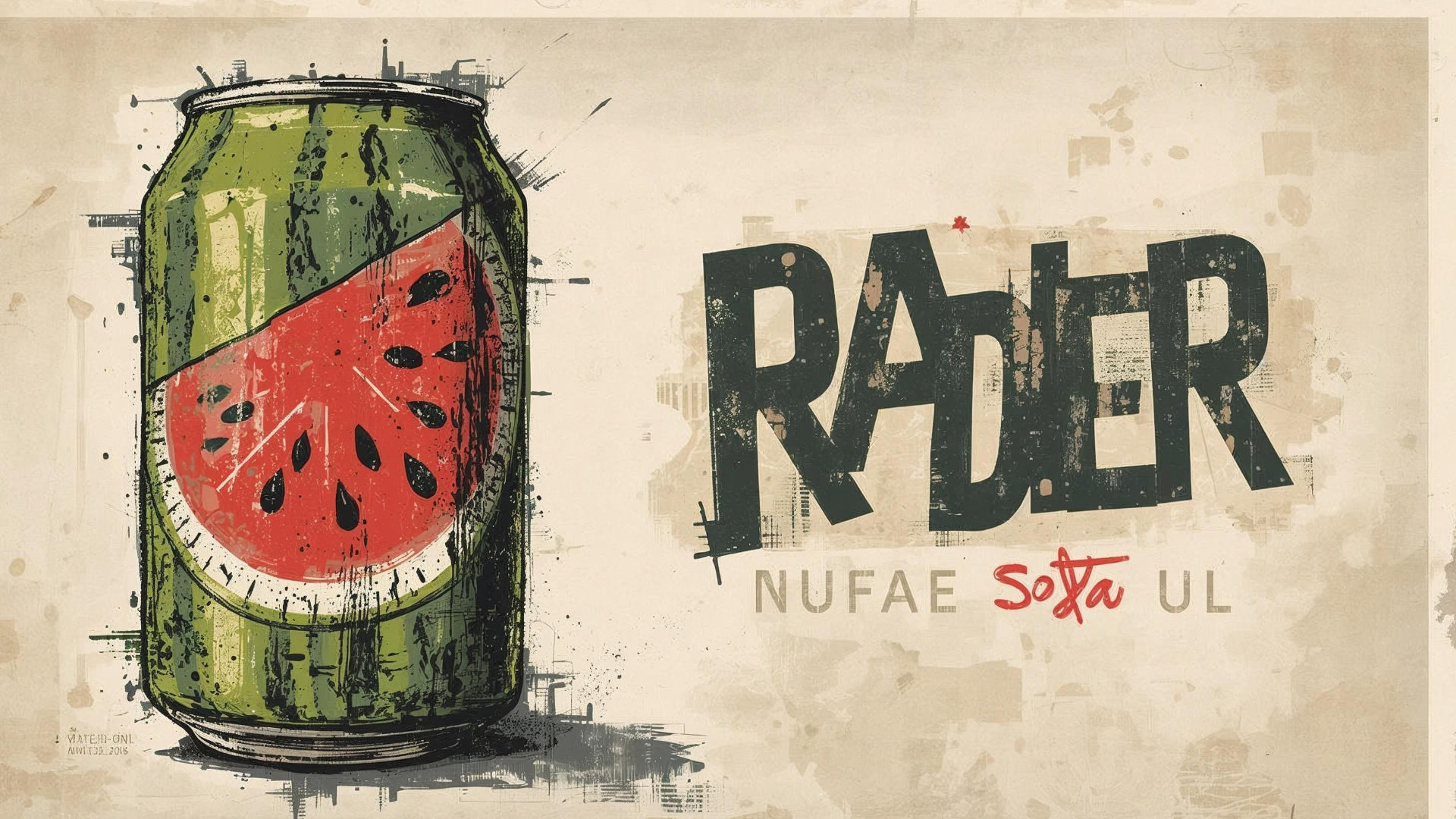Phil Halls, co-founder of Grain Brewery, talks to Yohanna Best about what makes a champion beer and the secret to successfully running a brewery for nearly 20 years.
Based in Alburgh in South Norfolk, Grain Brewery was started in 2006 by friends Phil Halls and Geoff Wright. Fuelled by the desire to add a bit of excitement to the beer industry and a dislike of corporate jobs, they bought and refurbished a five barrel starter brewery and got to work, releasing that same year their first beer, Oak, a 3.8% Bitter. Oak is still a Grain core beer today - their best selling beer, in fact.Â
Grain has grown over the years and in addition to the brewery now has pubs in Norwich and Ipswich, as well as a taproom bar at the brewery in Alburgh.
Earlier this year, Grain’s smoked porter, Slate, was crowned Overall Champion Keg Beer of East of England by SIBA. In September last year, Slate also won gold at SIBA’s cask awards, adding to both Slate’s and Grain’s impressive list of trophies. Grain have been on our radar for a while now, but as a big porter fan I couldn’t resist any longer: I needed to hear more about the brewery and Slate.
Yohanna Best: You’ve been around for a long time. What do you think are the key factors that have led to your longevity? Â
Phil Halls: All the obvious stuff like brewing good beer are a given, but it is important to always seek to improve. We are pleased with our brand, and it sits comfortably with our personalities, yet we have never pushed it too hard as I have seen many breweries grow too big too quickly and then fail. We have also never called ourselves anything other than a brewery. By that I mean we have never called ourselves a ‘traditional’ brewery or a ‘craft’ brewery, so we have never tied ourselves to a specific market or demographic. However, the main factor is we keep everything clean. Always.
YB: What was your vision when you set up Grain?
PH: I’m not sure we had a specific vision, but we were full of idea for things we would like to do within the business. Owning pubs (or at least their leases) was always a part of it - as a brewery it is comforting to know you will have some sales guaranteed each week, but more importantly it gives us a place to showcase our beers knowing they are well kept and talked about with insider knowledge.
The main reason we (that’s myself and my business partner Geoff, who looks after our pubs) started Grain was to have an interesting lifestyle.
YB: Best decision you’ve made for the brewery?
PH: That’s a good question. Opening up a Drive Thru the week before lockdown. It kept my family and I sane through some difficult times, and kept just enough cash flowing in to keep us going.
YB: Congratulations on the double gold for Slate! Have you kept to the original recipe over the years or have you developed it?
PH: There are always tweaks here and there, but for this one, it is pretty much as it was when I first brewed it in 2016. However, Slate is a better beer now than it was back then, as we now have improved processes in place and people brewing the beer who are far better brewers than me.
YB: When it comes to the actual process, what should we homebrewers focus on to make an excellent porter?
PH: A few things. I find that you get better results by building the darkness up using a blend of coloured malts, instead of just throwing in the chocolate or black malts. For me, I try not to make the beer too dry or bitter - leave enough residual sugar to get that balance just right. Live in Norfolk. Our water is awful for most things and needs a lot of treatment to make a decent pale or a pilsner, but is excellent for dark beers. The chalky substrate around here gives us a lot of calcium carbonate, and you’ll see many a good dark beer coming out of Norfolk.
YB: Tell us about your hop harvest party! Will you be holding it again this year?
PH: A definite yes. It was a big success and it is always good to celebrate the beer seasons (we were too busy to have a grain harvest party). As well as our own green hopped beer, we brought in a number from other local brewers too, so the crowd had a good selection of green hopped beers to try. 2023 was a good year for wild hops and they were hanging from the trees at the brewery where they had grown up as weeds. And we had no end of bines to pull down from the edge of the sheep fields at the back too.
YB: Top tip for brewing a green hop beer?
PH: The fresher the better, so get them in the kettle as close to picking them as you can. And lots of them. I like to play down the other flavours in a green hop beer and create a well-balanced golden beer as the base of our FHB [Fresh Hopped Beer], so those grassy aromas of the green hops can shine through.
YB: Are there any beers that you would refuse to brew? And why?
PH: So far I have refused to brew a sour as I don’t like them. Then again, never say never.
YB: What’s new for Grain in 2024?
PH: This year is exciting for us as we are currently building our own micro maltings. Grain lives in rented barns at South Farm, and the farm has grown barley for generations, yet it has never made it into beer. This year we have half an acre reserved for us in front of Alburgh church that will be seeded with Planet barley for us to use in our own maltings. It should produce about a ton of barley that we will use to brew a few special beers with beer-miles of around 500 metres.
SPOTLIGHT ON ‘SLATE’ FROM GRAIN BREWERY
6% ABV. A smooth, rich, creamy, complex smoked porter.
Malts: Oak smoked pale ale, flagon pale ale, amber, brown, chocolate, wheat
Hops: First Gold, Herkules, Cascade
“All the sugars [in Slate] come from the grains, there’s none added, and it contains no lactose (I learnt my lactose lesson from an exploding cask that destroyed the electrics in our kitchen). A few tricks in the mash tun gives us the sweetness we are after, and some fruity hops at the end give an extra burst of flavour.â€
 - Phil Halls, Grain Brewery.
Read more about Grain Brewery Â
Head to Grain’s website to order their beers. You’ll also find details of their brewery tours, the Grain pubs & taproom bar, events and festivals.Â
@grainbrewery


